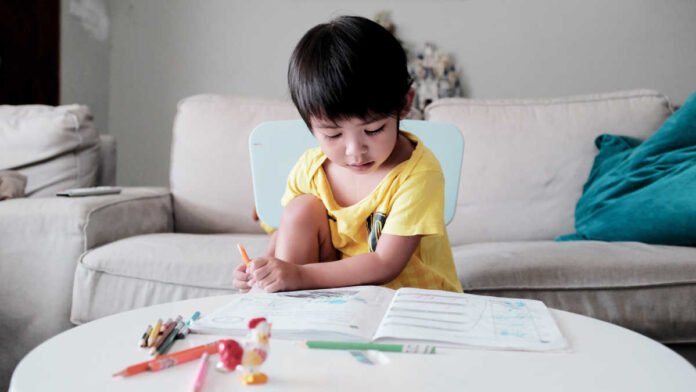Parents seeking to empower their toddlers in articulating thoughts and emotions can employ a variety of strategies to foster confidence and communication skills.
- Extend Conversations: Engage in meaningful dialogue with your toddler, encouraging them to express their thoughts and feelings openly.
- Expand Vocabulary: Introduce new words and concepts to your child regularly, expanding their language skills and comprehension.
- Cultivate Emotional Literacy: Help your toddler identify and label emotions, fostering emotional intelligence and self-awareness.
- Foster Confidence: Encourage your child to express themselves without fear of judgment, instilling confidence in their ability to communicate effectively.
- Encourage Social Play: Provide opportunities for your toddler to interact with peers, promoting social skills and communication in a group setting.
- Model Positive Communication: Lead by example, demonstrating respectful and empathetic communication in your interactions with others.
- Practice Active Listening: Pay close attention to your toddler’s verbal and nonverbal cues, validating their feelings and experiences.
- Offer Praise and Encouragement: Acknowledge your child’s efforts in expressing themselves, offering praise and encouragement to reinforce positive communication behaviors.
- Create a Safe Environment: Establish a nurturing and supportive environment where your toddler feels comfortable expressing themselves freely.
- Read Together: Incorporate storytelling and reading into your daily routine, exposing your child to diverse narratives and language patterns.
- Use Visual Aids: Utilize visual aids such as picture books and flashcards to reinforce vocabulary and facilitate communication.
- Play Games: Engage in interactive games and activities that promote language development and cognitive skills.
- Sing Songs: Singing songs and rhymes with your toddler can enhance language acquisition and encourage verbal expression.
- Practice Patience: Be patient and understanding as your child learns to articulate their thoughts and emotions, offering gentle guidance and support along the way.
- Set Realistic Expectations: Recognize that every child develops at their own pace, setting realistic expectations for communication milestones.
- Provide Opportunities for Expression: Encourage your toddler to express themselves through art, music, and creative play.
- Use Positive Reinforcement: Reinforce positive communication behaviors with praise, rewards, and affection.
- Be Present: Make time to engage in meaningful conversations with your child, showing genuine interest and attentiveness.
- Validate Feelings: Validate your toddler’s emotions and experiences, acknowledging their perspective and validating their feelings.
- Offer Choices: Provide your child with choices and opportunities to make decisions, empowering them to assert themselves and communicate their preferences.
- Practice Turn-Taking: Encourage your child to take turns speaking and listening during conversations, teaching them the importance of respectful communication.
- Explore Nature: Take walks and explore nature together, using the outdoors as a backdrop for conversation and discovery.
- Use Open-Ended Questions: Prompt your toddler with open-ended questions that encourage them to elaborate on their thoughts and feelings.
- Celebrate Diversity: Expose your child to diverse cultures, languages, and perspectives, fostering empathy and understanding.
- Create a Communication Routine: Establish a consistent communication routine with your toddler, setting aside dedicated time for meaningful interactions.
- Be Attentive to Nonverbal Cues: Pay attention to your child’s nonverbal cues, such as body language and facial expressions, to better understand their emotions.
- Practice Mindfulness: Incorporate mindfulness practices into your daily routine, promoting emotional regulation and self-awareness.
- Share Personal Stories: Share personal stories and experiences with your child, using storytelling as a tool for connection and reflection.
- Encourage Journaling: Encourage your child to keep a journal or diary where they can record their thoughts and experiences in their own words.
- Create a Communication Board: Use a communication board with pictures and symbols to help your toddler express their needs and desires.
- Foster Peer Relationships: Facilitate opportunities for your child to interact with peers, fostering social skills and communication in a group setting.
- Practice Empathy: Teach your child to empathize with others by modeling compassion and understanding in your own interactions.
- Seek Professional Support if Needed: If you have concerns about your child’s speech or language development, seek guidance from a pediatrician or speech-language pathologist for further evaluation and support.
By implementing these parenting tips, you can help your toddler articulate their thoughts and emotions with confidence, laying the foundation for effective communication skills that will serve them well throughout their lives.

